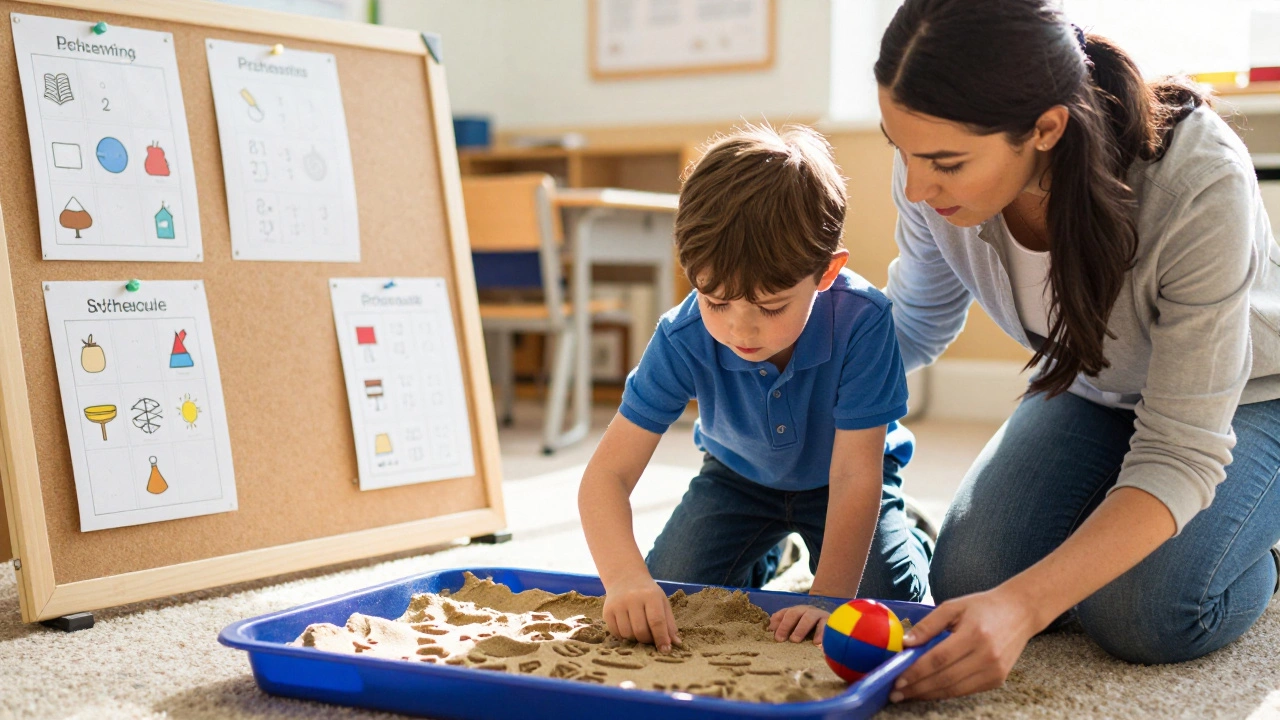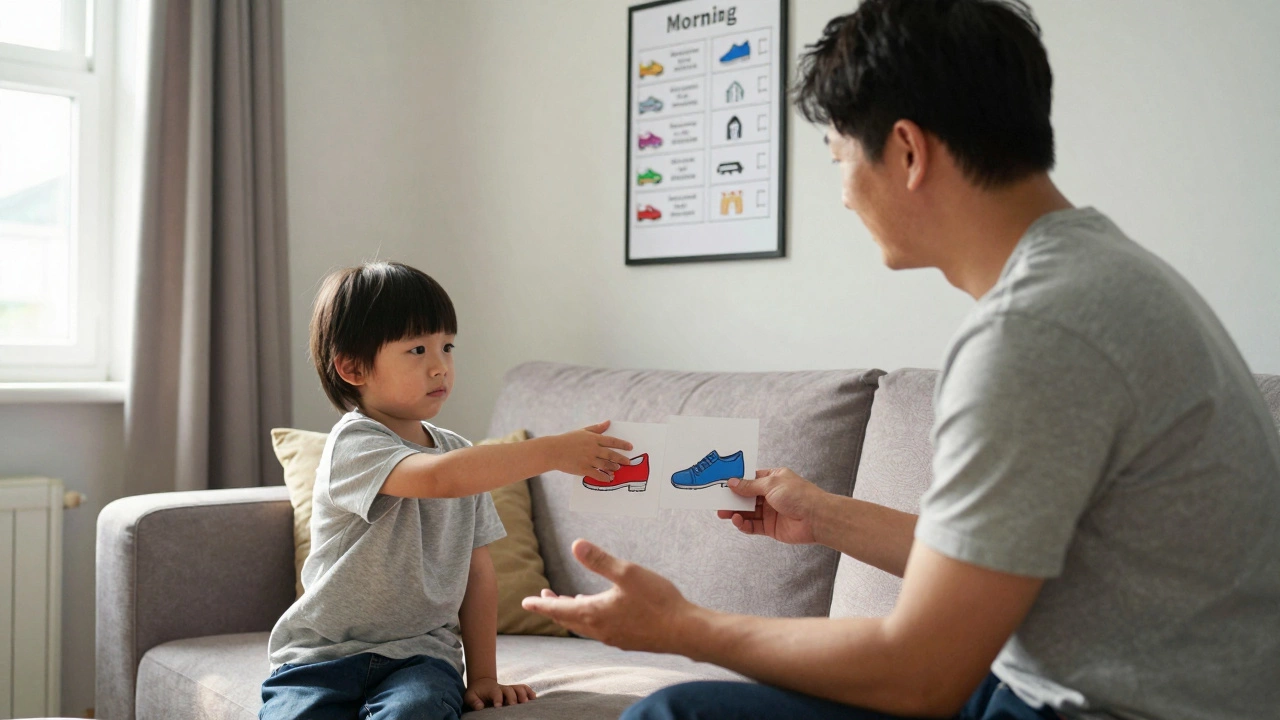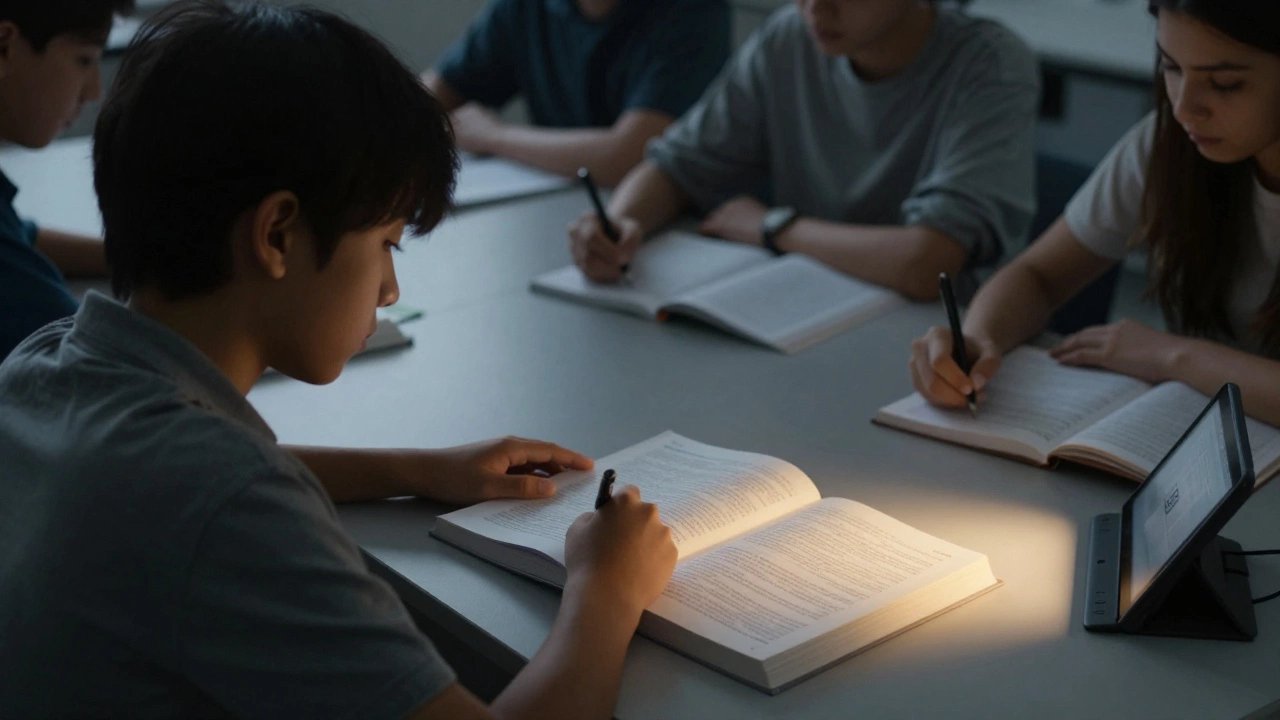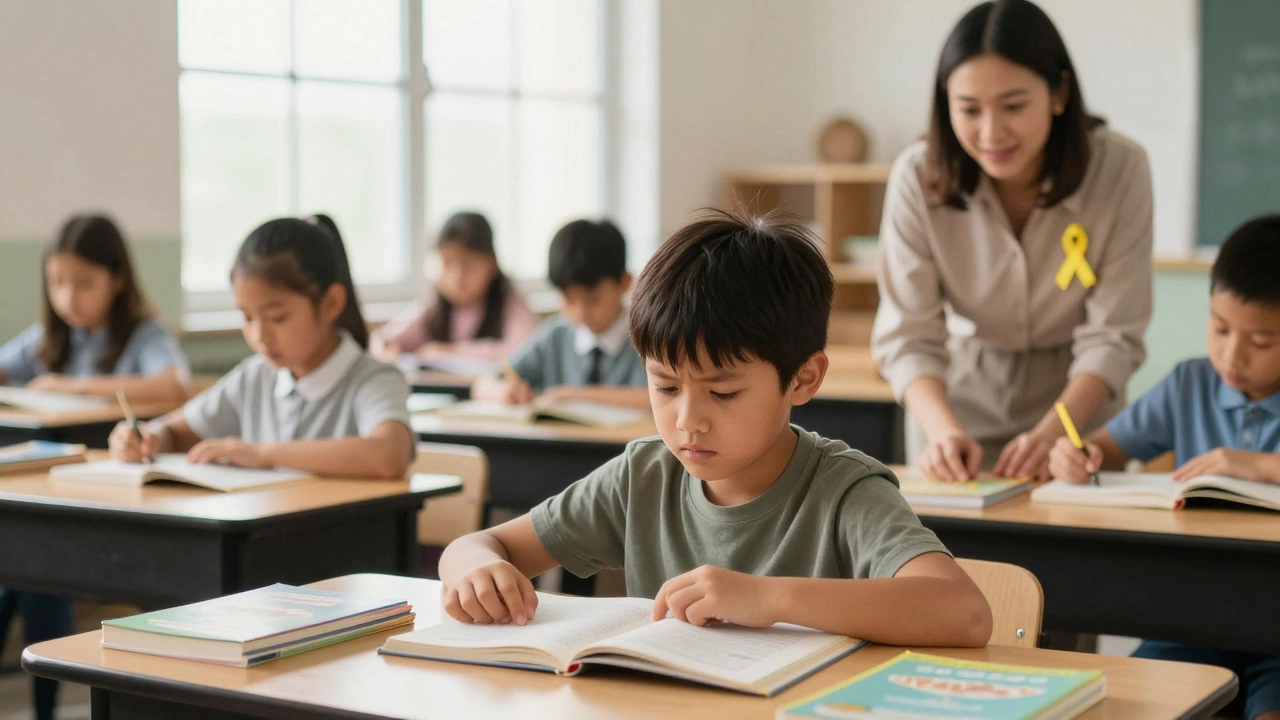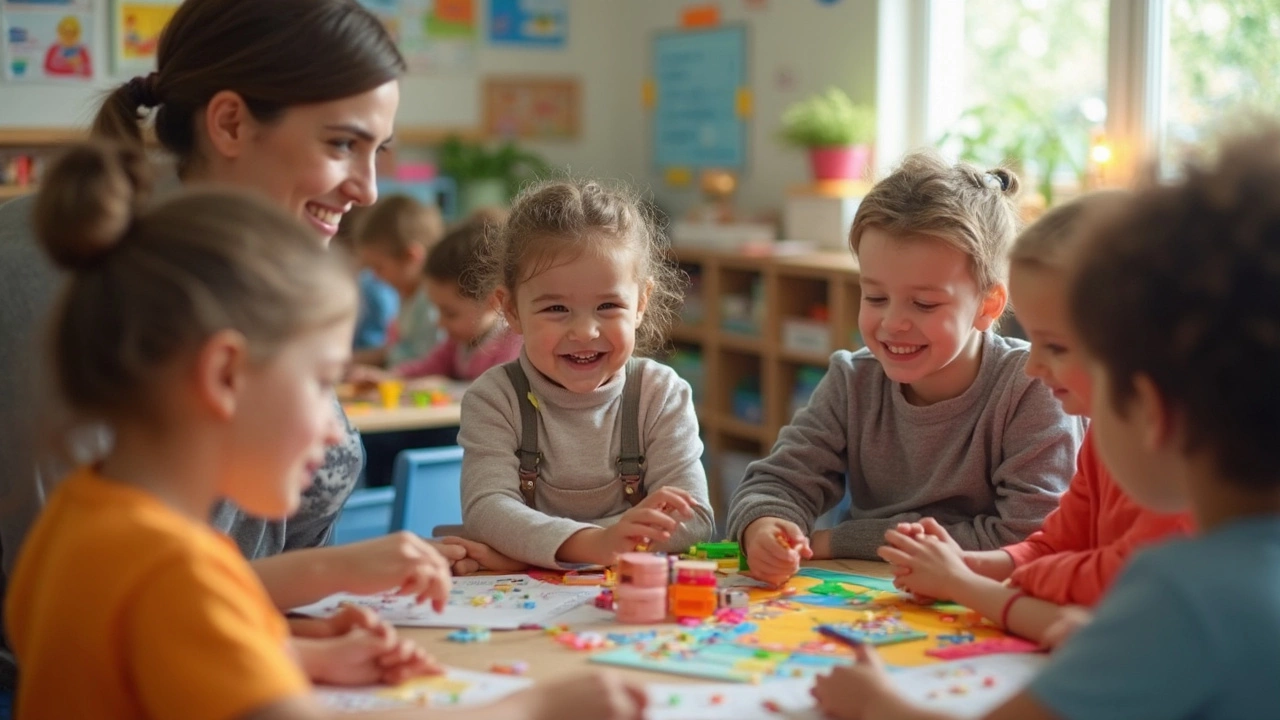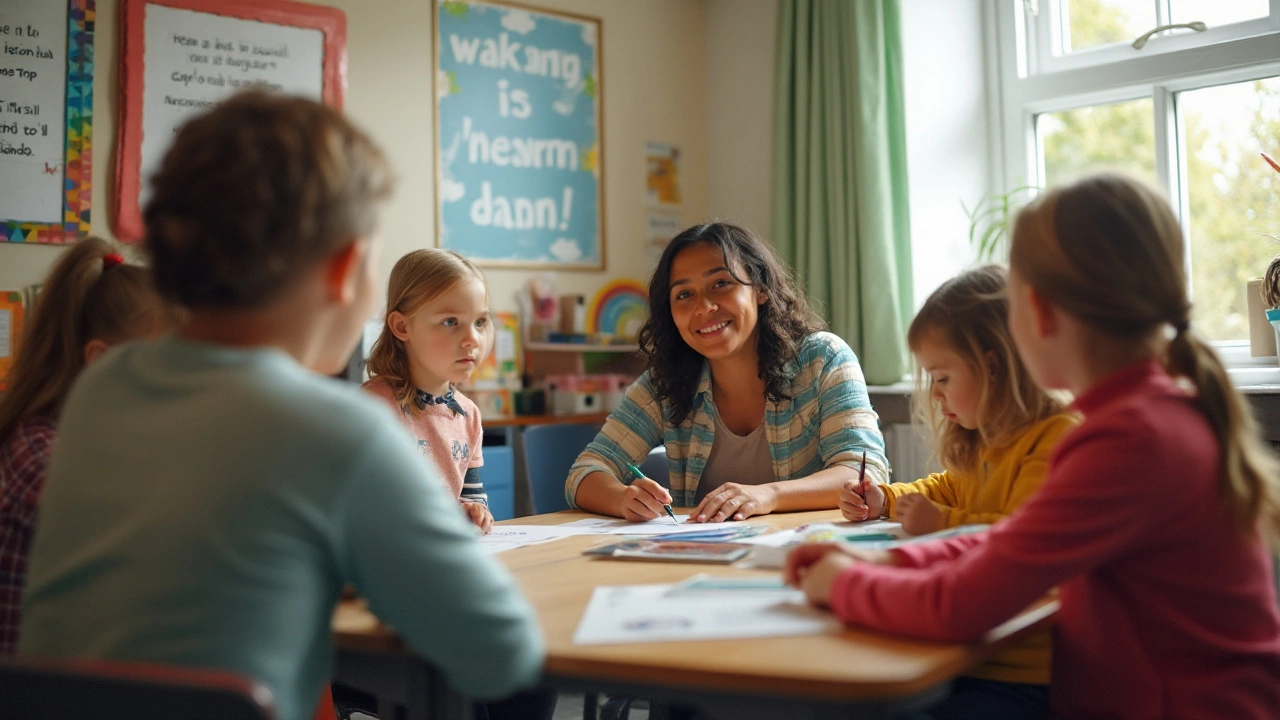Special Needs Education at Nottingham Nursery – Inclusive Early Learning for Every Child
When you walk into Nottingham Nursery, you’ll see kids playing, exploring, and learning together – and that includes children with special needs. Our goal is simple: make sure every child feels welcome, can learn at their own pace, and enjoys the same bright nursery experience as their peers.
Why inclusive early education matters
Kids develop their brains the fastest in the first five years, so a supportive environment can shape a lifelong love of learning. For children with autism, speech delays, sensory challenges, or any other need, early inclusion helps them practice social skills, language, and independence alongside other children. It also teaches all kids empathy and respect for differences. That’s why we don’t treat special needs as a side note – we weave support into every activity.
Practical ways we support special needs learners
Our teachers start each day with a quick talk about individual goals. If a child needs visual cues, we label shelves and toys with pictures. For sensory‑sensitive kids, we have a calm corner with soft lighting, weighted blankets, and quiet toys. We adapt group games so everyone can join – for example, using larger blocks for fine‑motor practice or adding simple sign language to storytelling.
Communication is key. Parents meet with our staff weekly to share updates, celebrate progress, and adjust strategies. We also work with external specialists – speech therapists, occupational therapists, and psychologists – so that the support plan stays current and effective.
Learning materials are chosen with flexibility in mind. Our reading corner offers books with big fonts, simple sentences, and tactile pages. Math activities use both counting beads and interactive games on tablets, letting children pick the method that feels right.
Behavioural guidance follows a positive approach. Instead of time‑out, we use clear expectations, visual schedules, and rewarding steps toward the desired behaviour. This helps children understand what’s expected without feeling punished.
Every child gets a small‑group or one‑on‑one session when needed. These sessions focus on specific skills – like improving speech sounds or building hand‑eye coordination – and are always linked back to the larger classroom activities so the child can practice in a natural setting.
We also train all staff in basic special‑needs awareness, so they feel confident supporting any child who walks through the door. The training covers topics such as autism cues, sensory regulation, and how to use assistive technology.
Finally, we celebrate achievements big and small. A “star of the week” board highlights personal milestones, whether it’s mastering a new word or sharing a toy without prompting. Parents receive a weekly snapshot of these wins, keeping the home‑school connection strong.
At Nottingham Nursery, special needs education isn’t a separate program – it’s part of everyday learning. By keeping the environment adaptable, the staff knowledgeable, and the families involved, we give every child the chance to thrive, explore, and enjoy their early years.
What Are the 5 Levels of ADHD? Understanding Severity and Support in Special Needs Education
ADHD isn't one-size-fits-all. Learn how symptoms range from mild forgetfulness to complex systemic challenges, and what real support looks like in special needs education.
How to Handle Children with Special Needs in Everyday Learning
Learn practical, real-world strategies for supporting children with special needs in school and at home. Focus on individualized approaches, communication, strengths-based learning, and collaboration to help every child thrive.
How to Deal with a Defiant Special Needs Child: Practical Strategies That Work
Learn practical, science-backed ways to reduce defiance in children with special needs. Discover how visual schedules, choice-making, and calm communication can transform daily challenges into moments of connection.
What Is the Biggest Problem for Students with Learning Disabilities?
The biggest problem for students with learning disabilities isn't their condition-it's a rigid education system that doesn't adapt to how they learn. Stigma, lack of training, and outdated teaching methods create barriers that no amount of effort can overcome.
What Is the Most Common Learning Disability in Students?
Dyslexia is the most common learning disability in students, affecting 15-20% of the population. It impacts reading, spelling, and language processing-but with the right support, kids can thrive.
Snap Autism: Understanding This Special Needs Education Approach
Ever heard someone mention 'snap autism' and wondered what it means? This article breaks down what 'snap autism' actually refers to, why it matters in special needs education, and how it can benefit kids with autism. You'll also get practical tips, interesting facts about how the approach works, and ways families and teachers can support children more effectively. This is for anyone curious about unique autism strategies in schools. Clear answers, no jargon—just what you need to know.
Understanding the Language of Special Needs Education for Children
Navigating the terminology around special needs education can be challenging for both educators and parents. It explores the importance of person-first language, the nuances of different terms, and the evolving nature of special needs vocabularies. This article aims to provide clarity and respect, ensuring that language reflects the dignity of all children. By understanding the preferred terms, one can contribute to a more inclusive environment for children with special needs.

